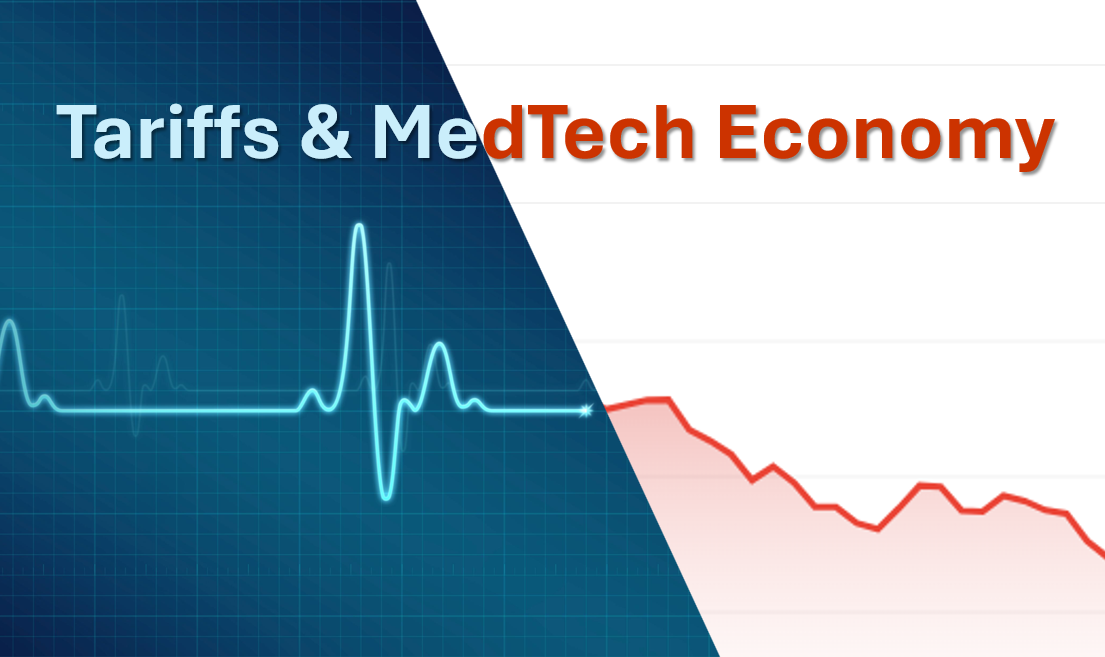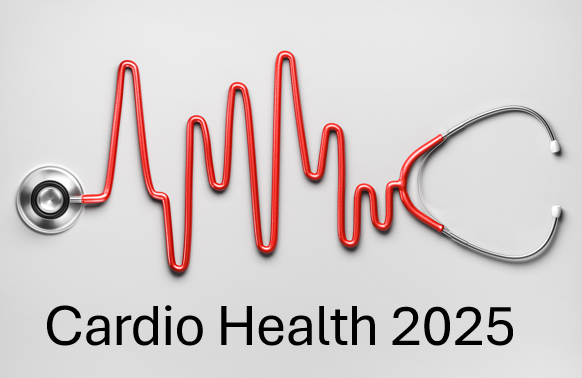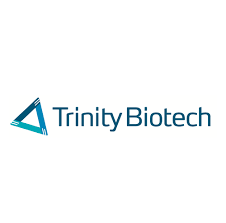

The FDA plans to expand generative AI capabilities—across all centers using a secure, unified platform.

The FDA plans to expand generative AI capabilities—across all centers using a secure, unified platform.

As healthcare pushes forward in digital transformation, AI has emerged as a critical tool in optimizing electronic medical records. EMRs remain both vital and frustrating. Clinicians wrestle with usability, while patients struggle with engagement and access. By integrating AI thoughtfully and securely, we can create a more intuitive, efficient and user-centric experience for both groups.

The industry’s heavy reliance on waterfall project management has resulted in long, siloed, and high-risk product development cycles. This model does not accommodate evolving regulations, shifting geopolitical realities, or fast-changing healthcare needs.

Black Book’s ad hoc survey of 200 healthcare executives reveals real-time disruptions, cost inflation, and stalled innovation as Trump-era tariffs expand across key healthcare imports.

Industry groups hoping to lessen impacts of Donald Trump’s “Liberation Day” plans on medical products and MedTech development sent letter to the U.S. Trade Representative.

With a new executive order to leave the World Health Organization, the Make America Healthy Again (MAHA) movement is driving new policy and promises for faster time to market for product innovation. MedTech start-ups are keen to capitalize on the opportunity, yet funding to push product through early product phases – concept and design through clinical studies and post-market surveillance – can be complex. Daniele Viappiani of GC1 Ventures offers strategies for MedTech start-ups to find the right investors.

What’s getting R&D attention? The impact of upcoming regulations, A.I., new cybersecurity risks, developments in battery power and innovation, collaborative efforts, and other impacts on the industry in the year ahead.

The integration of technology and connectivity into healthcare is not only improving patient outcomes but also reshaping the way care is delivered.

Cardiovascular conditions are the leading cause of death. Fortunately, industry leaders are discovering innovative ways to diagnose and treat them. See how mobile apps and AI will change this field in 2025 and beyond.

Trinity received written notice from the Nasdaq Stock Market LLC (“Nasdaq”) confirming that the Company has regained compliance with the minimum market value of publicly held shares required.